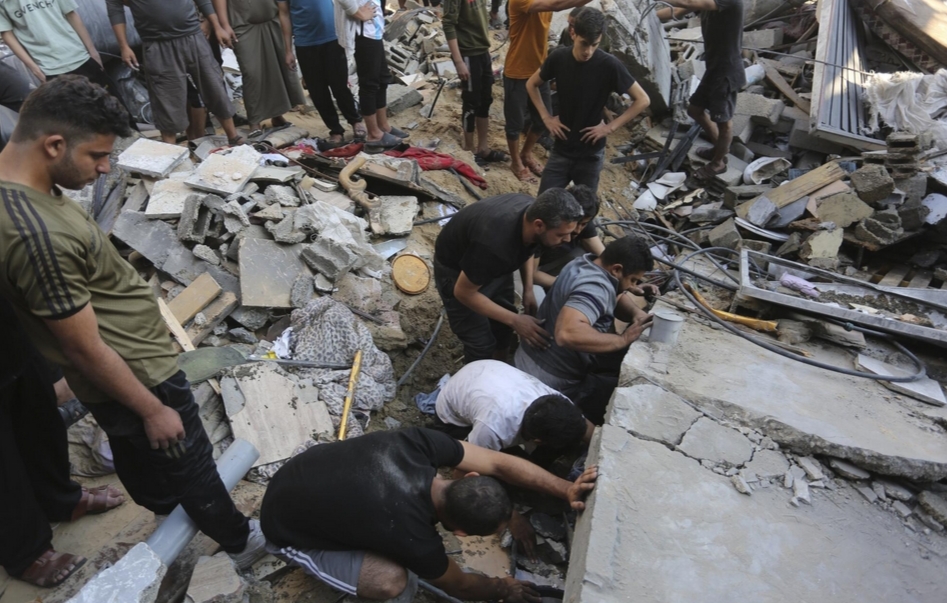
Israeli airstrikes have intensified across Syria, targeting critical military facilities and a research center linked to chemical weapons production, following the dramatic collapse of Bashar al-Assad’s decades-long regime. According to the UK-based Syrian Observatory for Human Rights (SOHR), over 100 strikes have been recorded in the past two days, including attacks on sites in Damascus.
Syrian media confirmed that a research facility suspected of producing chemical weapons was among the key targets. The Israeli government justified the strikes, stating they aim to prevent advanced weaponry from falling “into the hands of extremists” during Syria’s political upheaval.
The upheaval was triggered by rebel forces led by the Islamist group Hayat Tahrir al-Sham (HTS), which took control of Damascus on Sunday, signaling the end of Assad’s authoritarian rule. The rebels have vowed to publish a list of senior officials allegedly involved in war crimes and offered rewards for information on military officers accused of torture.
The United Nations Security Council convened on Monday to discuss the crisis. Russian Ambassador Vassily Nebenzia called for Syria’s territorial integrity to be preserved and for civilian protection and humanitarian aid delivery to be prioritized. Meanwhile, the Organisation for the Prohibition of Chemical Weapons (OPCW) expressed concerns over Syria’s chemical weapon stockpiles, warning of their potential misuse amidst the chaos. Despite Syria’s 2013 declaration of its chemical weapon inventory, attacks involving chemical agents have persisted.
Israeli Prime Minister Benjamin Netanyahu described Assad’s downfall as a “historic day in the Middle East.” He announced that Israeli forces had temporarily seized parts of the Golan Heights buffer zone, citing security concerns. The Golan Heights, captured by Israel during the 1967 Six-Day War, remains a contentious area, with tensions exacerbated by the U.S. recognition of Israeli sovereignty over the region in 2019.
Netanyahu expressed a willingness to establish peaceful relations with Syria’s emerging leadership, stating, “If we can establish neighborly relations with new forces, that’s our desire. But if not, we will do whatever it takes to defend Israel.” Defense Minister Israel Katz echoed these sentiments, emphasizing Israel’s intent to dismantle heavy weapon systems that could threaten its borders.
The collapse of Assad’s regime has also shifted regional dynamics. Hezbollah, Assad’s long-time ally, has been preoccupied with the Israel-Gaza conflict, while Russia’s involvement in Ukraine has limited its ability to support Syria. These factors have created a power vacuum, enabling rebel groups to consolidate control across Syria.
The Israeli strikes come amid ongoing tensions with Hezbollah and cross-border attacks from Lebanon and Syria. Last month, SOHR reported that Israeli attacks killed 68 fighters, including members of Iranian-backed militias.
As Syria transitions into a new political era, Israel remains vigilant, closely monitoring the rebel consolidation of power while taking measures to secure its own borders. The Middle East now faces a period of uncertainty as the region adjusts to the seismic shifts triggered by the collapse of Assad’s regime.

